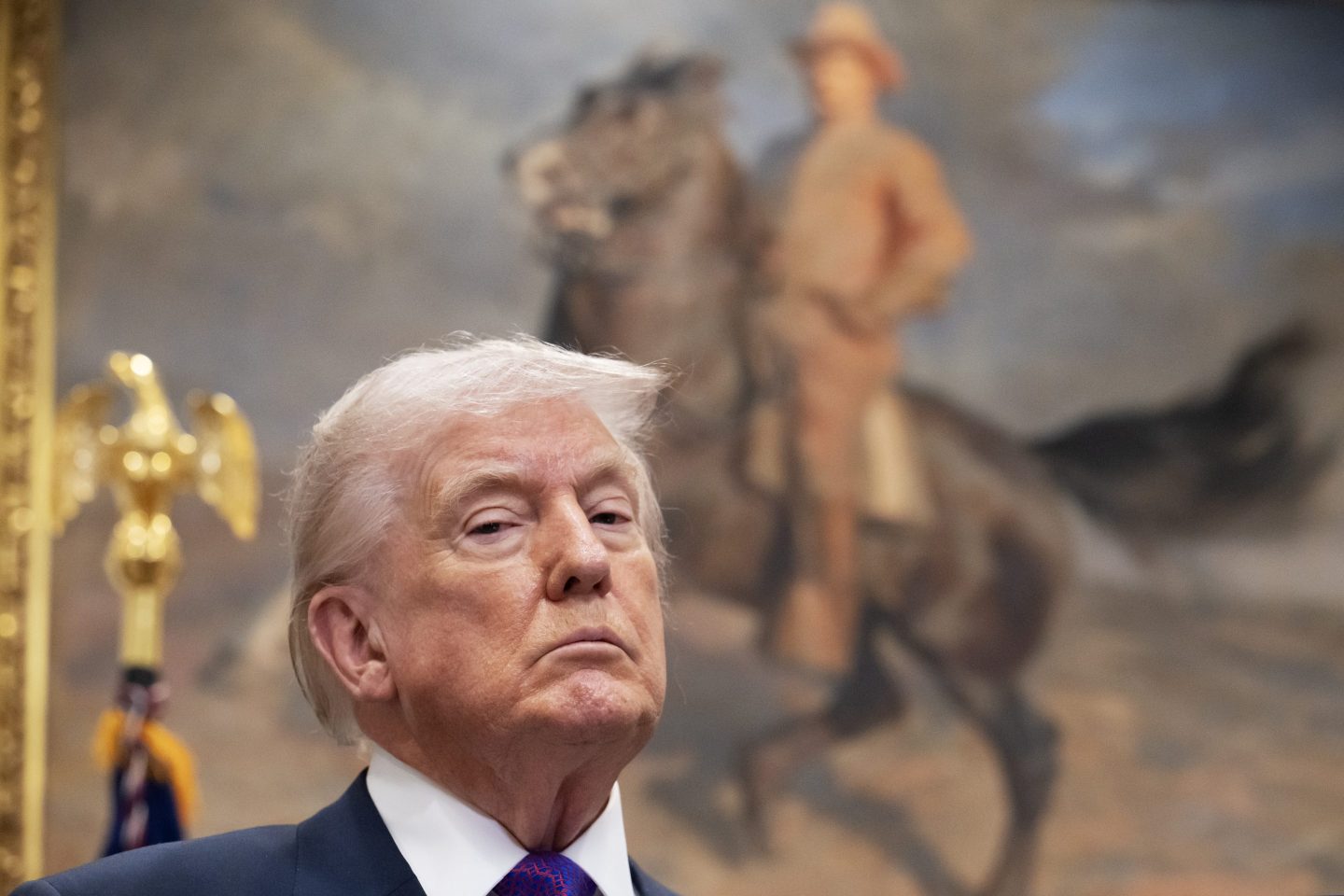This is the web version of the Bull Sheet, Fortune’s no-BS daily newsletter on the markets. Sign up to receive it in your inbox here.
Good morning. Yesterday’s exuberance is already fading as investors swallow a bitter pill: the recorded global COVID death toll has now topped 1 million (and the actual tally is almost certainly higher than that). Meanwhile, all eyes will be on tonight’s big Trump-Biden televised debate.
Let’s see what’s driving markets.
Markets update
Asia
- The major Asia indexes are mixed in afternoon trading, with Shanghai the best of the bunch, up 0.2%.
- The coronavirus pandemic has now claimed more than 1 million lives globally. That’s “more than H.I.V. More than dysentery. More than malaria, influenza, cholera and measles — combined,” the New York Times reports.
- Turns out the death toll has been barely a blip to the insurance industry’s bottom line; those who have succumbed to COVID usually hold little to no life insurance—they’re too old or too poor.
- Meanwhile, Japanese chip giant, Kioxia Holdings, owned by a Bain Capital-led consortium, shelved its plans for an IPO in Tokyo, saying U.S. sanctions on Huawei is hurting its business.
Europe
- The European bourses are lower out of the gates. That’s after monster gains on Monday with Germany’s Dax closing Monday up 3.2%.
- Uber yesterday won a big reprieve in its London license dispute. Today, Uber is reported to be in talks to buy Free Now, the BMW-Daimler ride-hailing joint venture.
- Shares in BP were down 1.6% in morning trade. As the oil-and-gas giant’s shares hover around 25-year-lows, it’s becoming clearer that investors just aren’t buying its transition to become a low-carbon energy provider.
U.S.
- U.S. futures are trading sideways, off their overnight highs. That’s after the three major exchanges closed yesterday up more than 1%, led by bank and energy stocks.
- Christmas in October? Amazon shares closed 2.5% higher yesterday after it announced its annual Prime Day shopping bonanza will be held Oct. 13-14. Call it “a dress rehearsal for the holiday season,” writes Fortune‘s Phil Wahba.
- The global markets appear unimpressed with the scaled-back House proposal for a $2.2 trillion fiscal stimulus plan released yesterday. Odds of a deal are as low as ever as the Democrats and Republicans are still hundreds of billions apart.
Elsewhere
- Gold is up, trading around $1,890/ounce.
- The dollar is down.
- Crude is down, with Brent trading a tick above $42.50/barrel.
***
Dollar daze, revisited
In tonight’s debate, you’re probably going to hear very little detail about America’s finances. And that’s a real shame.
According to the Congressional Budget Office latest tally, national debt will top 100% of GDP at some point next year, a level the country last hit in the rebuild years following World War II. It won’t end there. By 2050, debt-to-GDP will hit 200%, as the chart here shows:

You’d expect ballooning deficit-spending in a pandemic, but these levels ought to worry your kids and grandkids.
The thing about racking up mountains of debt is that the ones who run up the tab are rarely the ones who pay the bill. Another perversity: in the short term, there’s real upside from higher debt levels, particularly for equity holders.
In short, a rising federal debt will likely be a nice tail wind for your portfolios (as long as it doesn’t tarnish Uncle Sam’s credit rating). That’s because as the debt climbs, the value of the dollar will inevitably fall. And, the weaker dollar is good news for multinationals and exporters. As we’ve seen during much of this bull rally, a weaker dollar is like rocket fuel for share prices.
According to BofA Securities, for the past 50 years we’ve been living in an age of predominantly strong-dollar-weak-stocks or weak-dollar-strong-stocks. In fact, only in the 1970s and then again following the dot-com bubble implosion were there sustained periods of weak dollar and weak stock price performance, as the chart here shows.

If you scroll up to the first chart and then back down to the second chart you might spot a strong correlation forming: that the debt line is rising in lockstep with the S&P 500 valuation. Or just about.
It’s true that neither party has been a good steward of America’s finances. But both sides have been incredible champions of America’s bulging stock market gains.
***
Have a nice day, everyone. I’ll see you here tomorrow.
Bernhard Warner
@BernhardWarner
Bernhard.Warner@Fortune.com
As always, you can write to bullsheet@fortune.com or reply to this email with suggestions and feedback.
Today's read
Cashing out before the rally. Amid the revelations to come out of the New York Times' latest investigation into President Trump's finances is this juicy detail of his stocks-trading strategy. According to the tax filings, Trump sold out of virtually all of his stocks holding between 2014-16, mostly missing out on one of the greatest bull runs in stock market history. "Based on what we know, Fortune estimates Trump would be $114 million richer today if he hadn’t sold his equities—a sum that would certainly be useful in paying off his debts," my colleague David Z. Morris writes.
Some of these stories require a subscription to access. There is a discount offer for our loyal readers if you use this link to sign up. Thank you for supporting our journalism.
Market candy
Quote of the day
Sue the ass off of Fortune.
That was Donald J. Trump in 2000, threatening then-Fortune journalist Jerry Useem should he “disparage [Trump's] cash flow" in a profile of Trump's teetering casino business. Spoiler: those Atlantic City casinos went bust. Fortune has been covering Trump for decades, revealing in a series of profiles a businessman that is as addicted to bombast and he is to debt. Clifton Leaf, Fortune editor-in-chief, takes readers back in time and connects the dots between those earlier days as a cowboy-entrepreneur to the present, drawing a line to this weekend's bombshell tax return details. "Trump is a lousy businessman," Leaf concludes.











